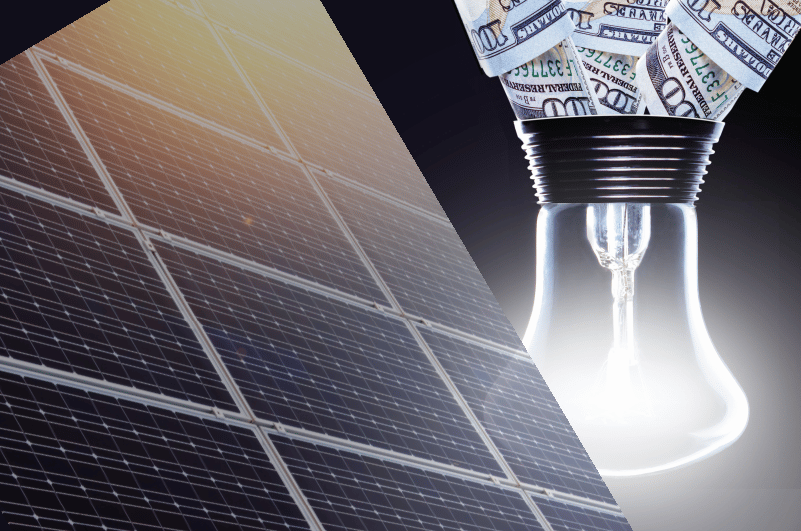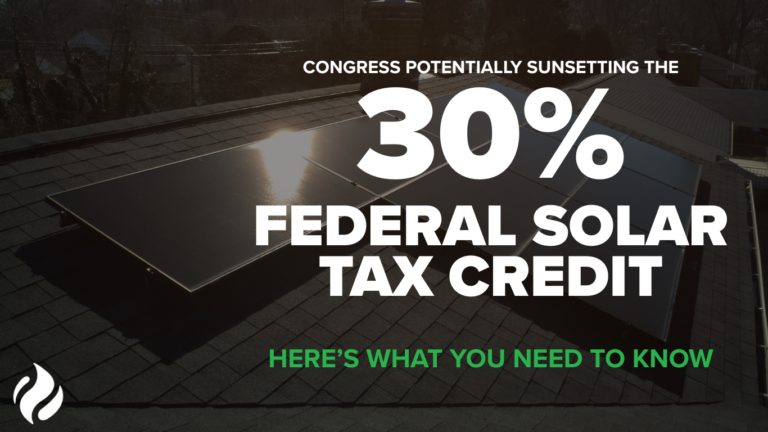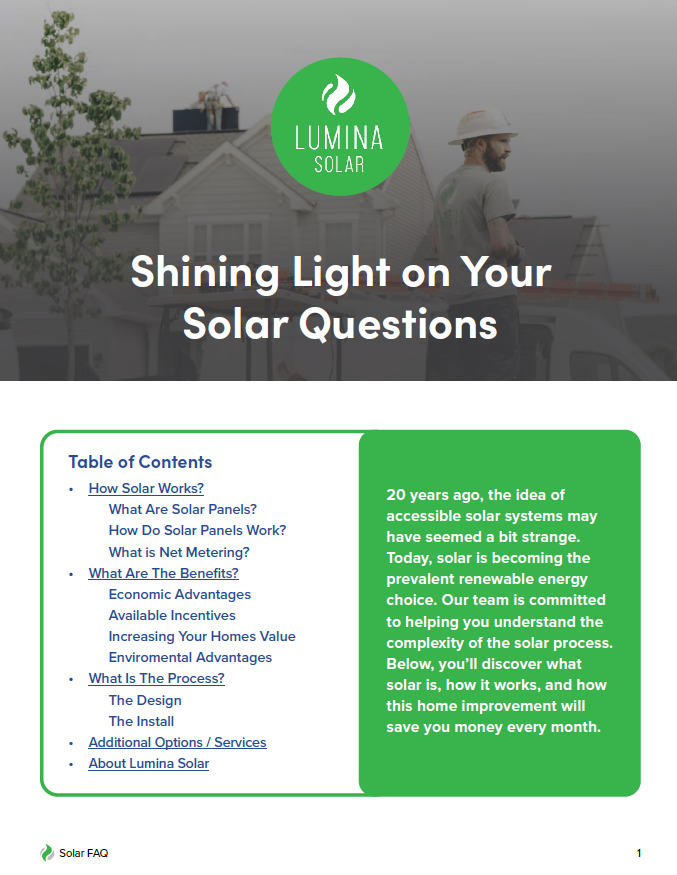For many property owners, summer is one of the times of the year when they notice the biggest spike in their electric bill. This is especially true in locations that have a 4-season climate where people tend to switch over from using their heat to their air conditioning. In warmer climates where property owners are possibly using their air conditioning all year, or in areas where the humidity isn’t quite as suffocating, the spike in air conditioning usage might not be as noticeable.
Bringing solar energy into the equation, however, can be a game changer for many people. If electricity usage spikes during the hottest, sunniest days of the year, then it stands to reason that solar panels will definitely be pulling their weight in the summertime. And if you find that you’re using extra electricity to keep cool, then why not put the sun to work?
But will solar panels actually offset your high summer electric bills? Read on!
How Solar Panels Work
Solar panels are made up of many smaller units called photovoltaic cells that create energy by “allowing photons, or particles of light, to knock electrons free from atoms, generating a flow of electricity.”
As this electricity is created, it’s harnessed by a converter and tied into your property’s electricity source – which is actually your local utility company’s energy grid. That’s because while the creation of his electricity is being facilitated on your roof, the actual energy itself is flowing into your home through the grid.
The energy that your home creates simply offsets the amount of energy that the grid has to provide to you. Therefore, you end up owing your utility company only what’s due for excess usage above and beyond what you produce, the local fees for being tied to the grid (often less than $20 per month and also completely unavoidable), and anything you owe in terms of financing your panels.
How Solar Panels Save You Money
Ah, there it is. That word financing. Many solar companies tout “completely free” solar panels – but that isn’t necessarily accurate advertising.
There are three ways to fund your solar panel installation and only two of them are $0 down options – a Solar Loan or by signing on to the Power Purchase Agreement (PPA). In either case, you will still owe money every month to either the solar panel company (if you’re signed on to the PPA) or to whoever holds the loan for your panels (which is typically still the solar panel company).
Another way is to purchase your solar panels outright, but that isn’t a $0 down option – although it may provide you with the biggest bang for your buck in the long run.
Regardless of which method you choose, however, solar panels will still provide you with a lower monthly electricity bill during high usage months overall. If you’re paying off a solar loan or a part of the PPA, you can count on the fact that the monthly fee you owe will be a fixed amount that you can budget for. From that point, since your system will be designed and configured for maximum production during your peak months – which could bring the amount of energy you’re producing up to 100% of your usage – you won’t need to depend on your utility company for electricity.
If your usage is more than what you’re producing throughout the month, then you’ll still have to purchase some energy from the utility, but generally, it will be far less than what you would normally be purchasing.
The Final Verdict
If you have your solar panel installation designed to produce the maximum amount of energy possible for its size and scale, then yes – you should be able to save money on your monthly electric bills. This is especially true during your peak usage months when you’re running extra appliances, such as window air conditioning units or central air and pool pumps. Or perhaps your home is “in use” more during the day if you have children that are on summer break.
Do you have more questions about solar panels and how they work? Download our guide, Frequently Asked Questions about Solar Panels, today!
{{cta(‘de76fed2-5a2f-48f4-9f9c-34bb876b52b3′,’justifycenter’)}}




